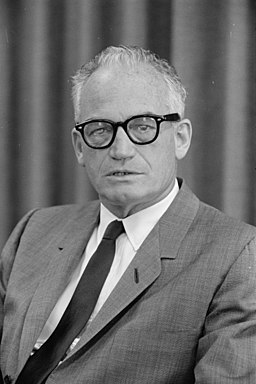
A football card dated to 1952 featuring Kyle Rote (Public Domain)
Dr. Cleveland Evans writes about names for the Omaha World-Herald. In his July 31st column, he looks at the name Kyle.
Kyle’s racing into his fourth decade.
Kyle Larson, 2021’s NASCAR Cup Series champion, won the ESPY for Best Driver on July 20. He turns 30 today.
Kyle is a Scottish surname that can come from places named from Gaelic “caol” (narrows, strait.) It’s also from the district of Kyle (Gaelic “Cuil”) on Scotland’s southwest coast, possibly named for legendary British king Coel Hen, where Coel means “belief, trust.”
Kyle was a prominent surname among Scots who settled Northern Ireland during the 1600s. In the 1700s, Kyle families were among Scots-Irish immigrants to America. In 1850, 2,200 Americans had the surname Kyle. In Scotland and England together there were only 950 in 1851.
When the custom of turning surnames into given names began, Kyle was among them. An early example is “Kyle Stuart” (1834), a long poem by Robert Mack. There Kyle buries his father on a Virginia mountaintop and later sails to Scotland to claim his inheritance. Though published in Tennessee, “Kyle Stuart” condemns slavery, and claims studying law develops morality while practicing law ruins it.








